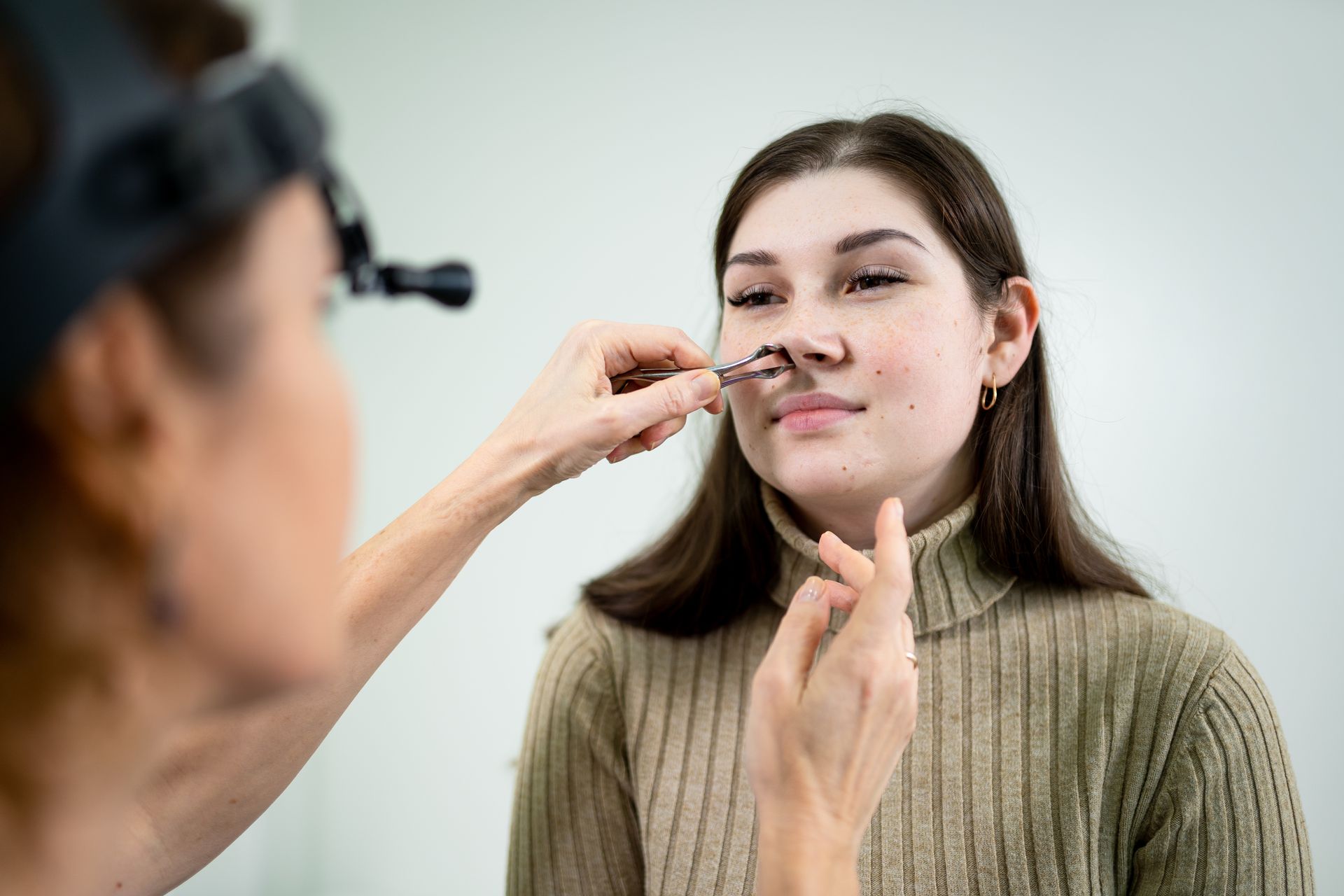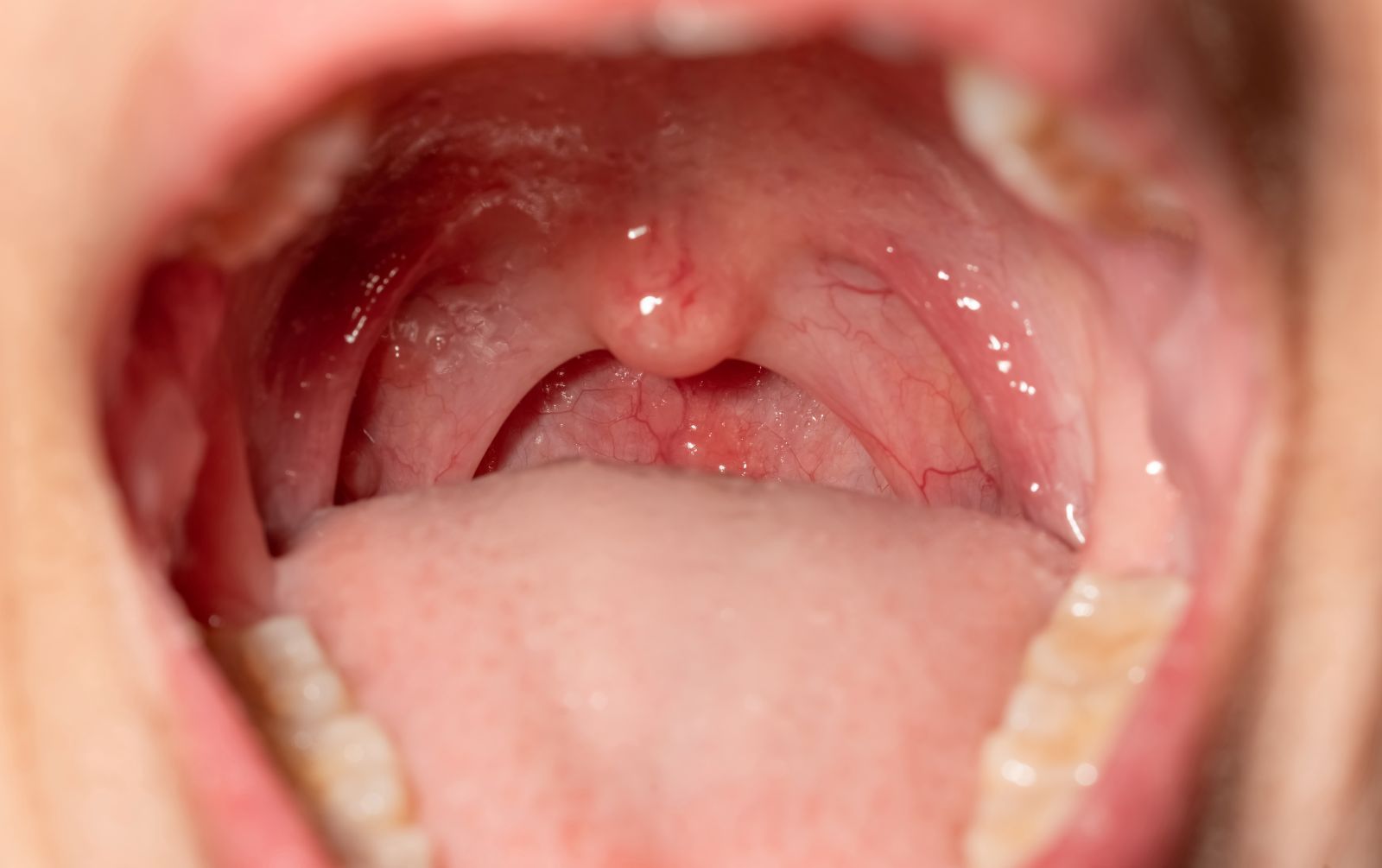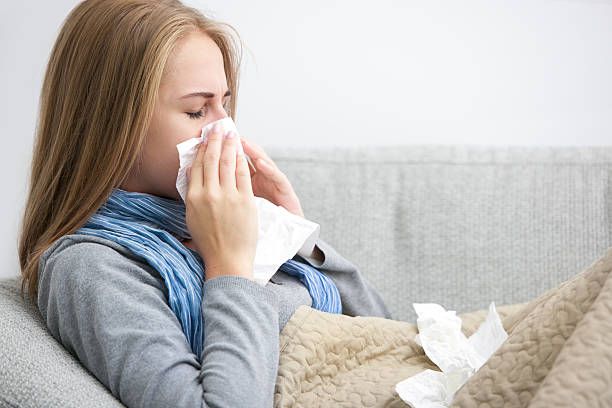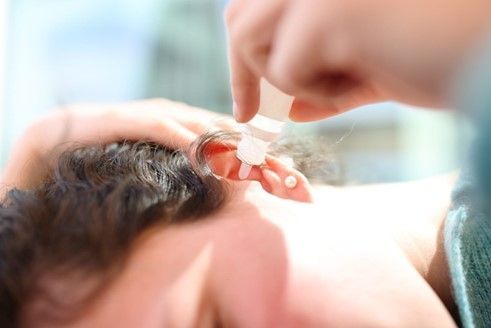Do Allergies Contribute to the Development of Nasal Polyps?
If you’ve ever struggled with allergies, you know how annoying they can be. Symptoms like sneezing, itchy eyes, and a runny nose can make life uncomfortable. But did you know that allergies can also contribute to the development of nasal polyps? In this blog, we’ll explore the connection between allergies and nasal polyps in a way that’s easy to understand.
What Are Nasal Polyps?
So, what exactly are nasal polyps? Simply put, they are soft, painless growths that develop on the lining of your nasal passages or sinuses. They can vary in size and shape. Although nasal polyps are not cancerous, they can cause some uncomfortable symptoms. People with nasal polyps often experience:
· persistent nasal congestion
· a runny or stuffy nose
· frequent sinus infections
If you’re experiencing these symptoms, particularly if you have a history of allergies, it might be a good idea to consult with an ear, nose, and throat (ENT) specialist.
How Do Allergies Contribute to Nasal Polyps?
When your body encounters substances it perceives as harmful—such as pollen, dust mites, or pet dander—it triggers an allergic reaction. This reaction causes inflammation in your nasal passages, leading to swelling and increased mucus production.
Here’s where the connection to nasal polyps comes into play: Chronic inflammation due to allergies creates an environment that promotes the growth of polyps. Prolonged inflammation can thicken the nasal lining, resulting in polyp formation.
People suffering from allergic rhinitis (commonly known as hay fever) or asthma are particularly at risk for developing nasal polyps. Research indicates that those with these conditions often have higher rates of nasal polyps. The ongoing inflammation and irritation from allergies can lead to changes in nasal tissue, further increasing the likelihood of polyp formation.
Other Contributing Factors to Nasal Polyps
While allergies are a significant factor, they are not the only contributors to nasal polyp development. Other factors include:
- Chronic Sinusitis: Ongoing sinus infections lead to inflammation and swelling, making nasal polyps more likely.
- Aspirin Sensitivity: Some individuals with asthma or nasal polyps may react adversely to aspirin or other nonsteroidal anti-inflammatory drugs (NSAIDs).
- Genetics: A family history of nasal polyps or related conditions may increase your susceptibility.
How to Manage Allergies and Reduce the Risk of Nasal Polyps
Although you cannot change your genetics or completely eliminate allergens from your environment, there are steps you can take to manage your allergies and potentially lower your risk of developing nasal polyps:
- Identify Allergy Triggers: Keep track of what triggers your allergies—whether it’s pollen, dust, or pet dander. Knowing your triggers allows you to avoid them more effectively.
- Use Allergy Medications: Over-the-counter antihistamines and nasal corticosteroids can help reduce inflammation and relieve allergy symptoms. Consult with your ENT doctor for personalized recommendations.
- Maintain a Clean Home: Regular cleaning can minimize dust and allergens. Consider using air purifiers and hypoallergenic bedding to create a more allergy-friendly environment.
- Stay Hydrated: Drinking plenty of water helps thin mucus and keep your nasal passages moist, making breathing easier.
- Consult an ENT Specialist: If nasal polyps persist, an ear, nose, and throat (ENT) specialist can provide further evaluation and treatment options.
Get Expert Help in Louisville, Kentucky, and Jeffersonville, Indiana
If you're experiencing symptoms of nasal polyps and have a history of allergies, it's important to seek medical advice. Talk to our experts at Kentuckiana Ear, Nose, & Throat. Kentuckiana ENT has partnered with ENT Care Centers to provide you with comprehensive and compassionate care. Our experienced physicians are ready to deliver efficient and accessible ENT care to patients in Louisville, Kentucky, and Jeffersonville, Indiana.
By effectively managing your allergies, you can reduce your risk of developing nasal polyps and enhance your overall quality of life!













